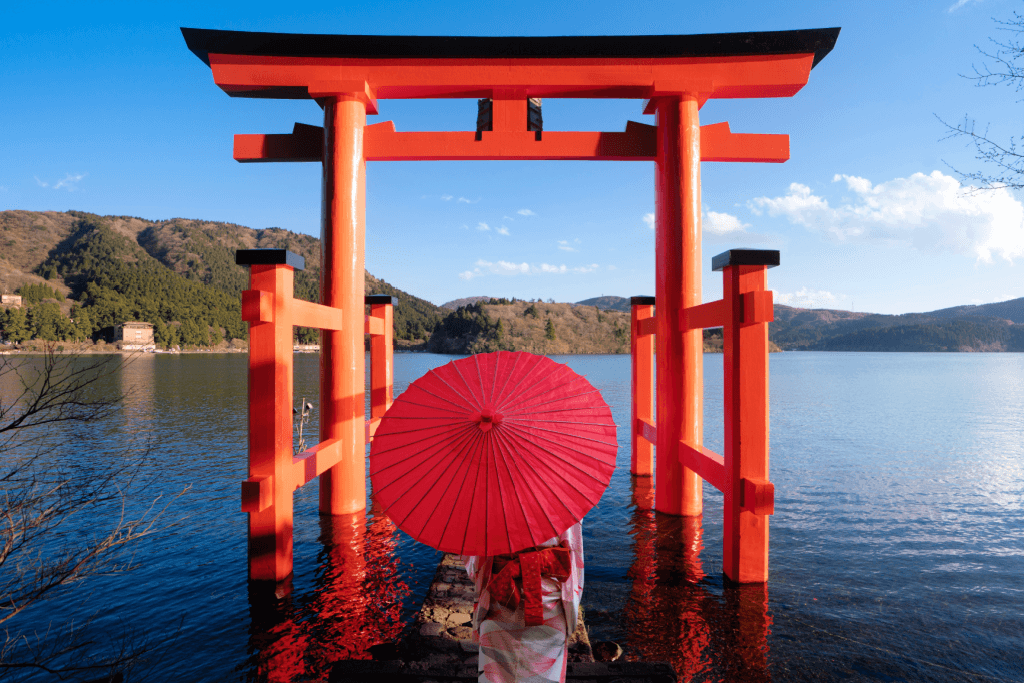Immersive Introduction
Imagine holding in your hands the key that opens the door to your own home in Japan. A key symbolizing entry into a unique world, where the serenity of ancient temples elegantly blends with ultramodern cities filled with technological innovation and absolute comfort.
In this article, you’ll find the precise guide to turning that vision into reality. Clearly and professionally, we’ll take you step-by-step through all the essential details: legal requirements, investment opportunities, efficient remote management, and exclusive tax advantages. Discover how to make Japan your next successful real estate investment.

Requirements for foreigners
Unlike many global markets, Japan places no restrictions on nationality or immigration status when acquiring real estate: whether a tourist on a short-term visa, a temporary resident, or a non-resident, you may execute a purchase agreement and obtain full ownership of a property without special permits. This legal freedom makes Japan highly attractive to those seeking to secure assets in a stable and transparent jurisdiction. Furthermore, there are no limits on area or property type: a foreign buyer can purchase anything from a compact Shinjuku apartment to an onsen-bunka (traditional hot-spring house) in the Kyūshū mountains, provided the proper registration procedures are followed.
Required documentation
Although no residence visa or advance authorization is required, foreign buyers should prepare the following in advance:
- Official identification: a valid passport or equivalent document issued by your home country.
- Certificate of Resident (住民票): Present the certification issued by a municipality of your country; otherwise, obtain a notarized signature certificate at a notary in your country.
- Foreign exchange transaction notification form (外為法届出書): if the purchase exceeds certain thresholds (around ¥100 million), file with the Ministry of Finance under the Foreign Exchange and Foreign Trade Act.
Property registration
After signing the sales contract (売買契約書), the next step is registration with the Property Registry (登記). Japanese law requires submission of:
• A certified copy of the sales deed
• Payment of the registration tax (登録免許税), ranging from 0.1 % to 0.4 % of the registered value, depending on whether it’s land, building, or trust interests
• In some cases, a revenue stamp (印紙税) affixed to the contract, with rates standardized by transaction amount
Once complete, the new owner receives a Registration Certificate (登記事項証明書), giving effect erga omnes (enforceable against third parties) and unlocking full rights of disposition, inheritance, or leasing.
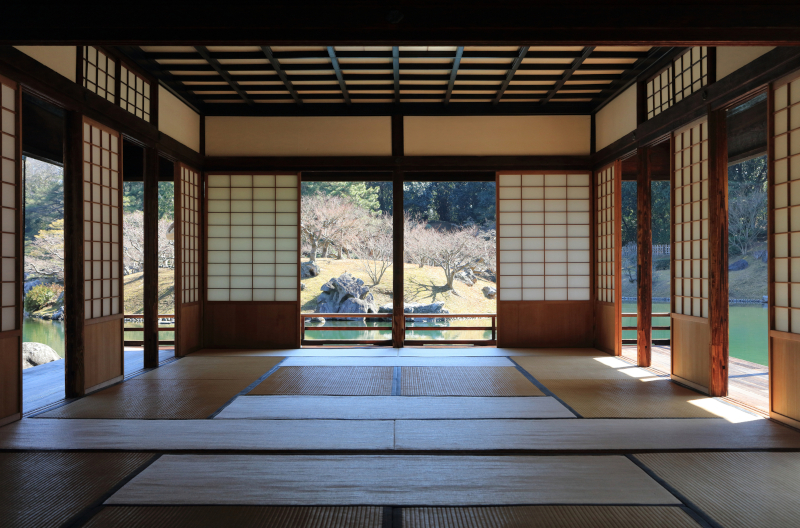
Associated taxes
Japan’s tax system is renowned for its clarity. The main levies are:
• Real Estate Acquisition Tax (不動産取得税)
– One-time fee upon purchase
– Based on statutory cadastral value, typically lower than market price
– Standard rate 4 %, reduced to 3 % for certain land and residences under qualifying use
• Fixed Asset Tax (固定資産税)
– Annual, billed in four installments (April, July, December, February)
– Based on the assessed cadastral value
– Rate varies by municipality
• City Planning Tax (都市計画税)
– Applied in designated zones, up to an additional 0.3 % of the same base
• Non-resident income tax withholding
– If the seller is non-resident, the buyer must withhold 10.21 % of the purchase price and remit it by the 10th of the following month
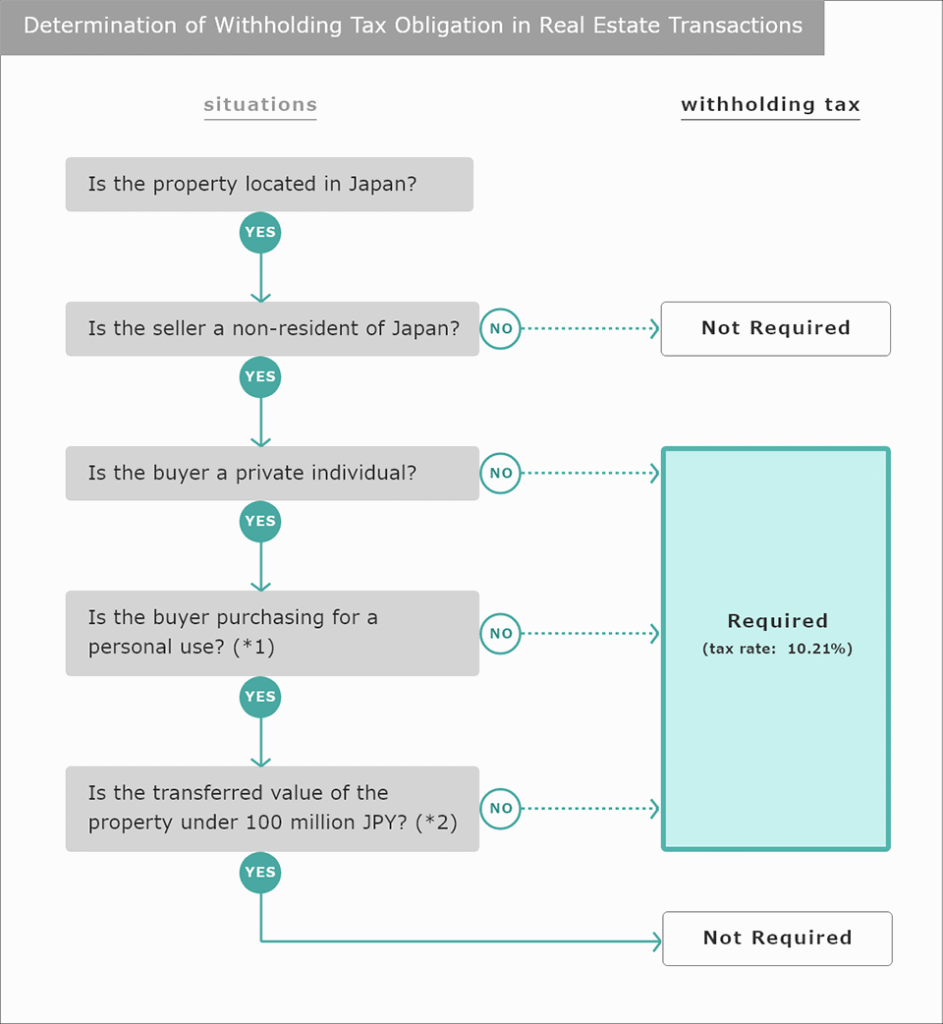
Non-resident investors must appoint a tax agent (納税管理人) in Japan to receive notices and make payments, avoiding penalties.
Short- and long-term rental potential
Short-term rentals (minpaku and STR)
Tokyo, Kyoto, and Osaka’s tourist markets maintain high demand for vacation stays, generating average annual revenues of ¥5 million per property in Tokyo—thanks to a 92 % occupancy rate and a ¥18 191 average nightly rate. Market forecasts project 12.7 % annual growth in domestic vacation rentals, surpassing USD 17 billion in revenues by 2030.
Long-term rentals
In university districts (Tsukuba, Sapporo) and tech corridors (Osaka Umeda, Yokohama Minato Mirai), long-term housing demand remains above 95 %, driven by international students and corporate expatriates. Typical one-year leases with renewal options give owners predictable cash flow—essential for buy-to-let investment strategies.
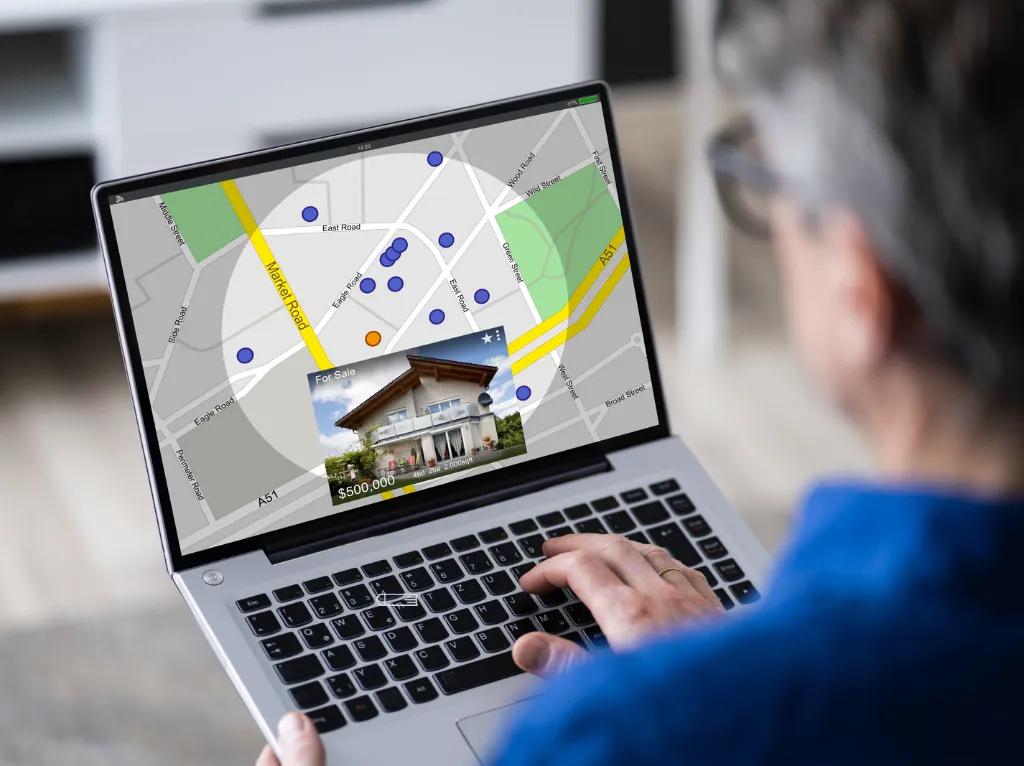
Rental demand from tourists or residents
Post-pandemic tourism resurgence has turned Japan into a dream destination: visitors from the U.S., Mexico, Australia, and Singapore fill airports and accommodations. In 2023, vacation rentals generated USD 5.605 billion, with projections of USD 7.6 billion by 2030. Meanwhile, the resident foreign population (1.7 million in 2024) drives mid- and long-term rental demand, stabilizing investments against seasonal fluctuations.
Costs and tax benefits for investors
Professional investors may form a corporate structure (GK/TMK) to:
• Accelerate asset depreciation and deduct operational expenses (maintenance, insurance, management), lowering taxable income
• Base acquisition tax on the lower cadastral value instead of market price
• Qualify for specific exemptions under the Long-Life Housing Quality Certification program
Non-resident rental income is withheld at 20.42 %, but may be credited in home-country tax filings under double-tax treaties.
Freedom to purchase without special permits
Japan allows unrestricted property purchases without government approval—except in strategic land zones (airports, military facilities), which cover less than 2 % of the territory. This legislative flexibility ensures foreign investors full autonomy to buy, renovate, lease, or sell without additional bureaucracy.

Remote property management
Success for non-resident investors hinges on delegation:
- A certified property management agency to handle rent collection, utilities management, and maintenance coordination
- A tax agent to oversee local and national tax obligations, preventing penalties
- Digital platforms providing real-time occupancy, revenue, and expense reports, accessible 24/7 from any device
This model lets investors enjoy Japan’s beauty without the hassle, as their assets work for them as if they were on-site.
Payment of taxes and services
The Japanese fiscal calendar is clearly defined:
• April: annual tax or first installment due
• July, December, February: subsequent property tax installments
• Three to six months post-purchase: acquisition tax notice issued
The management agency or tax agent handles notifications, bank direct debits, and on-time filings, avoiding a 14 % late surcharge.
Language barriers in the purchase process
Japanese’s dual writing system and legal complexity can create uncertainty. Specialized firms offer:
• Certified contract translations
• Bilingual accompaniment during property visits and document signings
• Clear explanations of clauses (surface rights, local easements, etc.)
At Akiyas Japan (www.akiyasjapan.com), our multilingual team guides investors every step of the way, ensuring an experience as seamless as a stroll through Arashiyama’s bamboo groves.
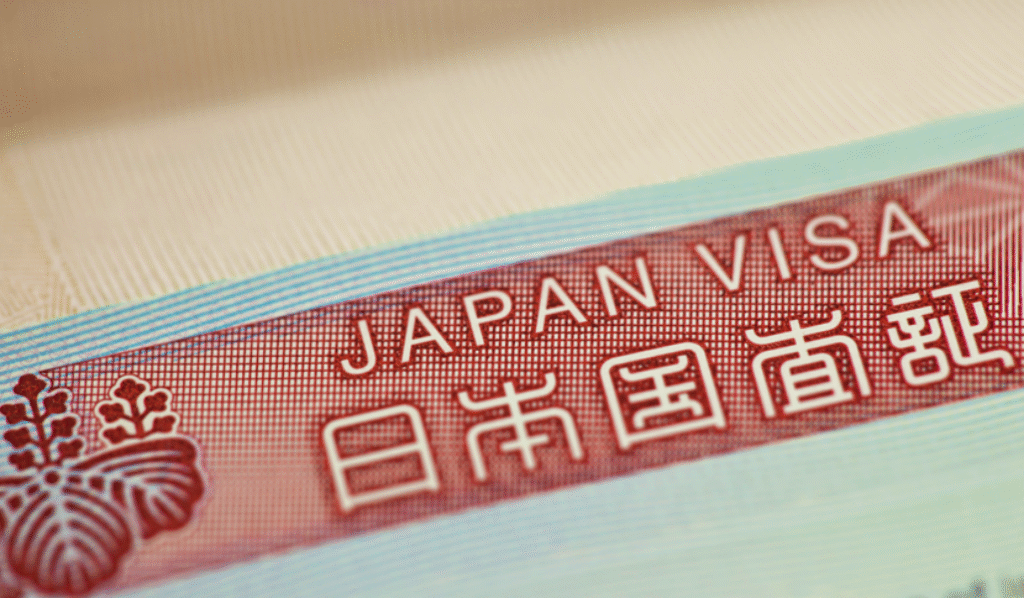
Does property purchase help obtain a visa or residency?
Buying real estate alone does not grant a visa, but it opens pathways:
• Business Manager Visa (経営・管理ビザ): requires forming a Japanese entity and demonstrating a viable business plan (rental income, growth projections)
• Highly Skilled Professional Visa (高度専門職): points based on capital investment and economic contribution, with accelerated permanent residency eligibility
A robust real estate business plan can strengthen applications and expedite immigration procedures.
Akiyas Japan also assists with visa acquisition for entrepreneurs and investors, integrating property purchase into a comprehensive international mobility project.
Residency options for investors
- Temporary Business Visa (1 year, renewable)
- Long-Term Residency after seven years in Japan—or three years under the Highly Skilled Professional route
- Permanent Residency after five to ten years, facilitated by demonstrating economic ties (properties, businesses)
Each immigration step brings greater stability and deeper immersion in Japanese culture.

Conclusion: the wonders of Japan
Beyond contracts and figures, Japan offers a tapestry of contrasts: ancient temples whispering samurai legends; neon-lit cities pulsating with innovation; bullet trains gliding at 320 km/h through fairy-tale landscapes; and smart homes where daily life feels futuristic. Here, safety is not a slogan but a lived reality—crime rates are minimal, and streets inspire confidence at any hour. Nature’s beauty, from cherry blossoms to sacred mountains, invites reflection. Modernity, with its technological solutions, redefines comfort and efficiency.
Investing in Japan means immersing yourself in an atmosphere where tradition and the future converge in perfect harmony. It means forging a bond with a robust economy and a society that values attention to detail, quality, and courtesy. For the foreign investor, this archipelago is more than a destination; it is a haven of opportunity—a canvas where every yen invested blooms with the delicacy of a centuries-old bonsai tree.
Your gateway to the perfect home in Japan awaits at www.akiyasjapan.com.

